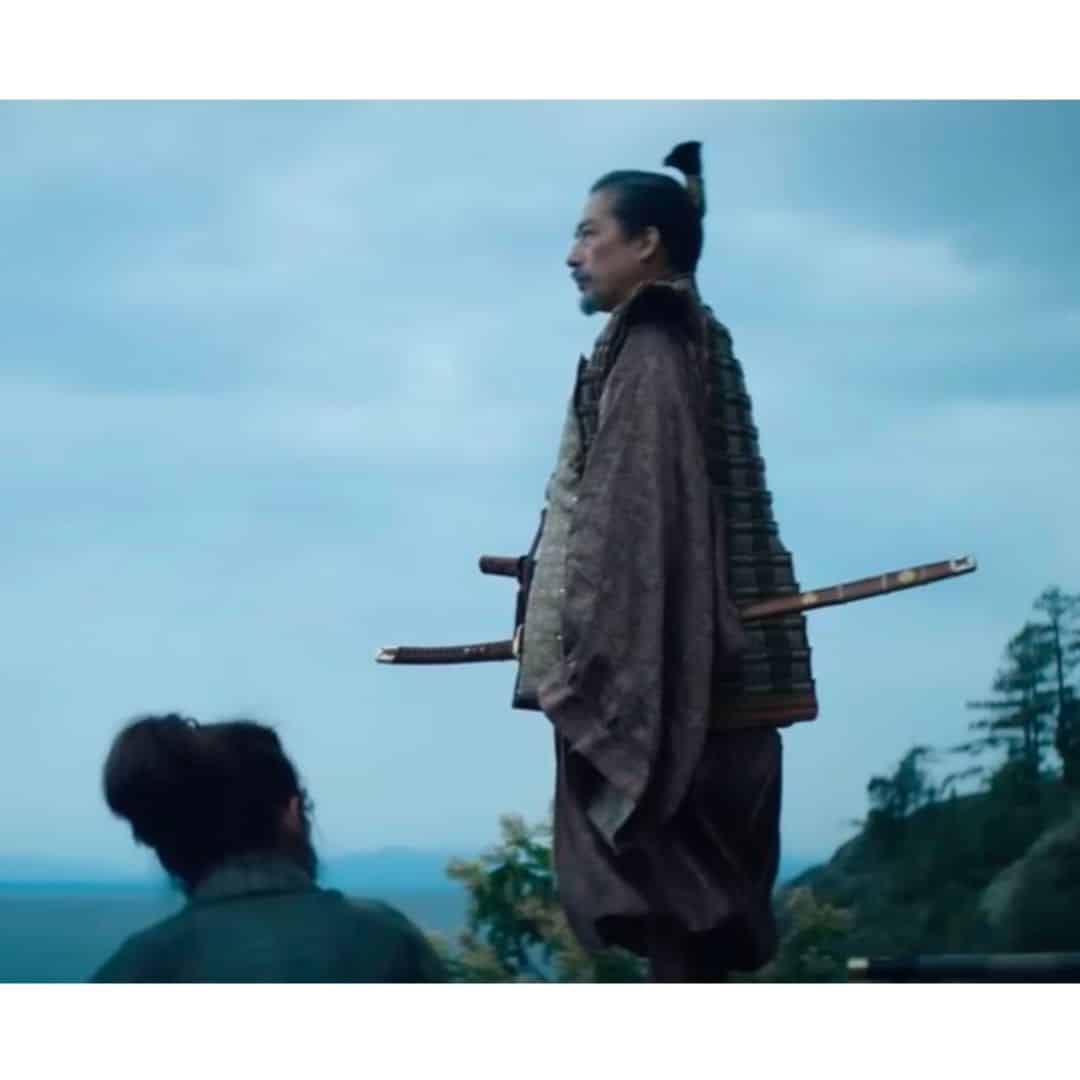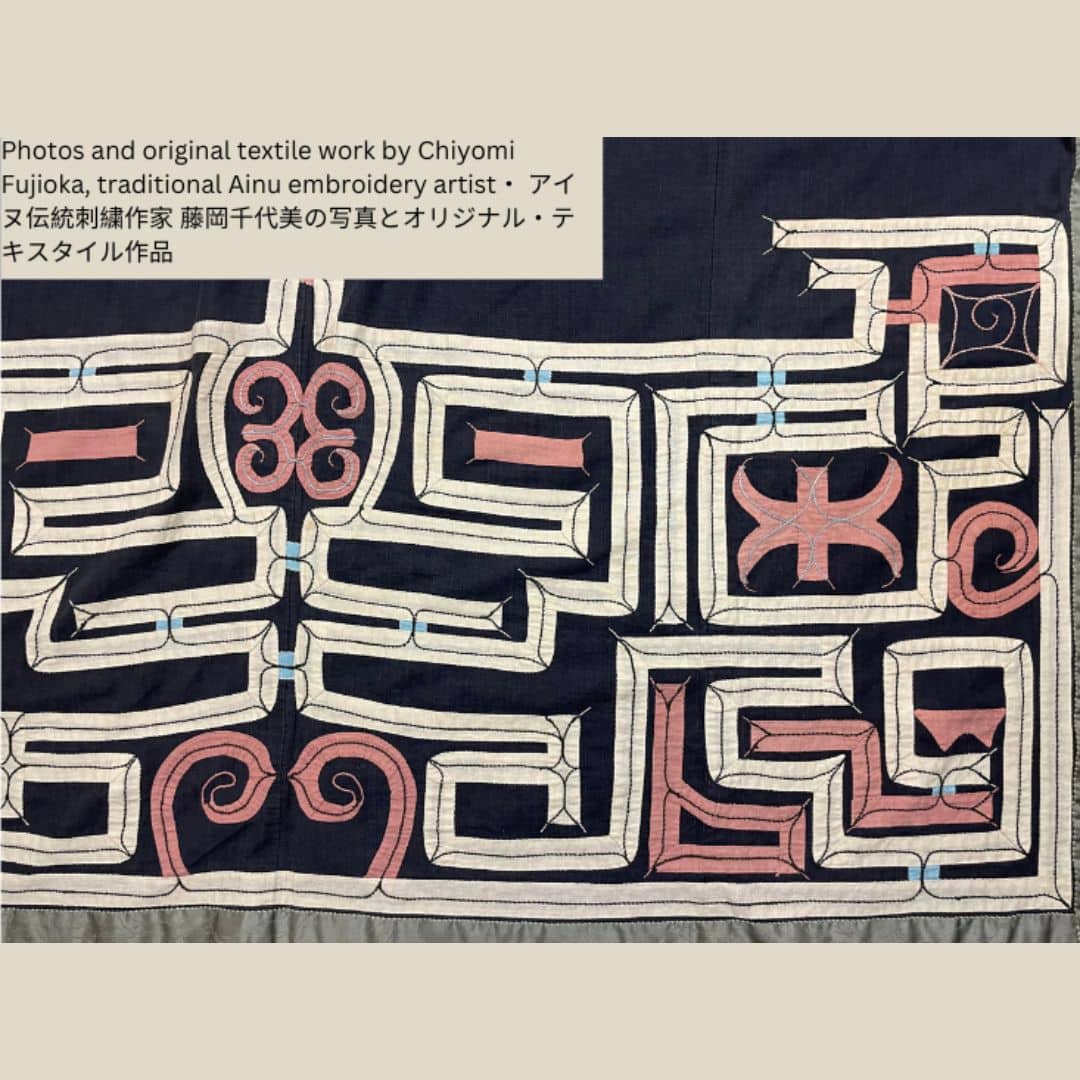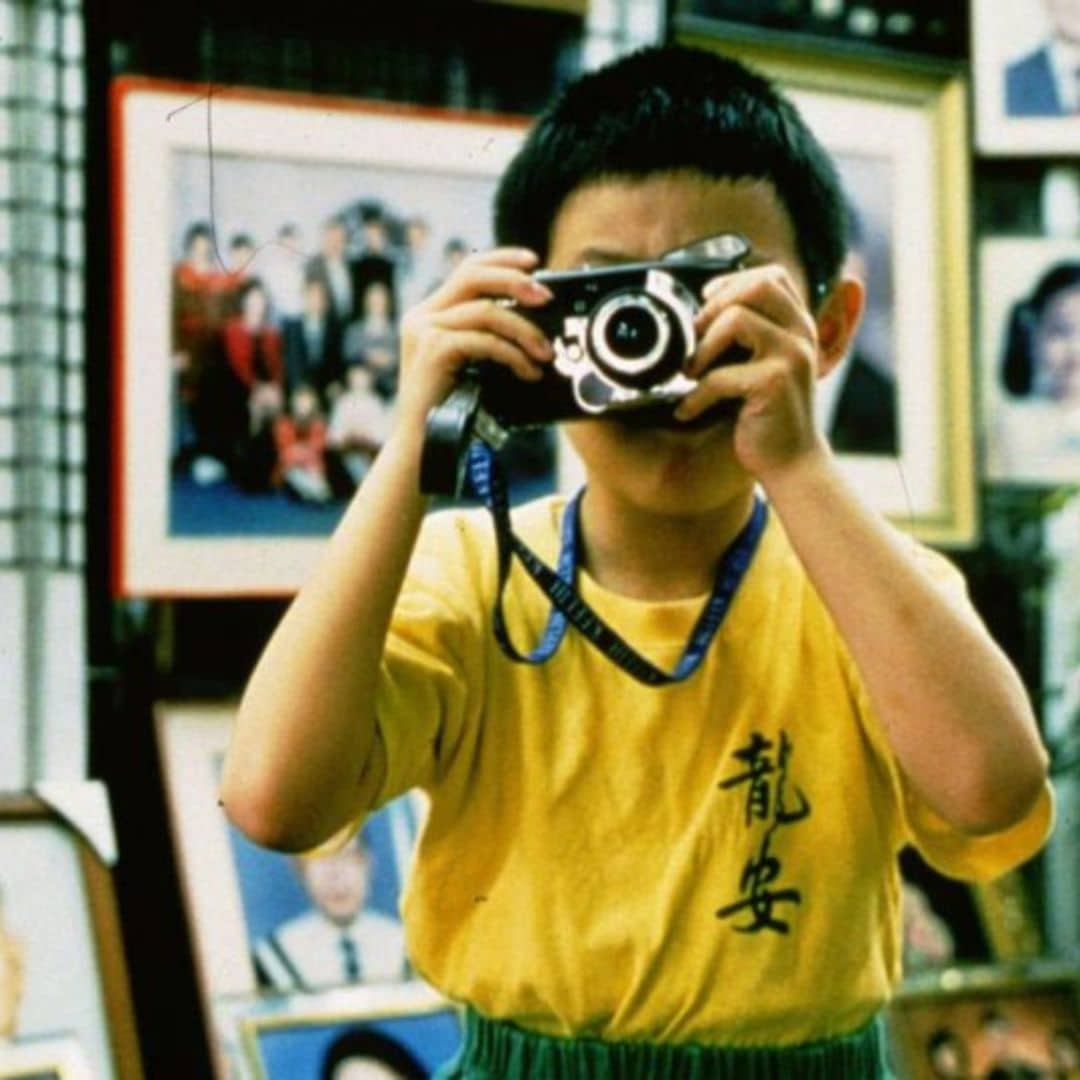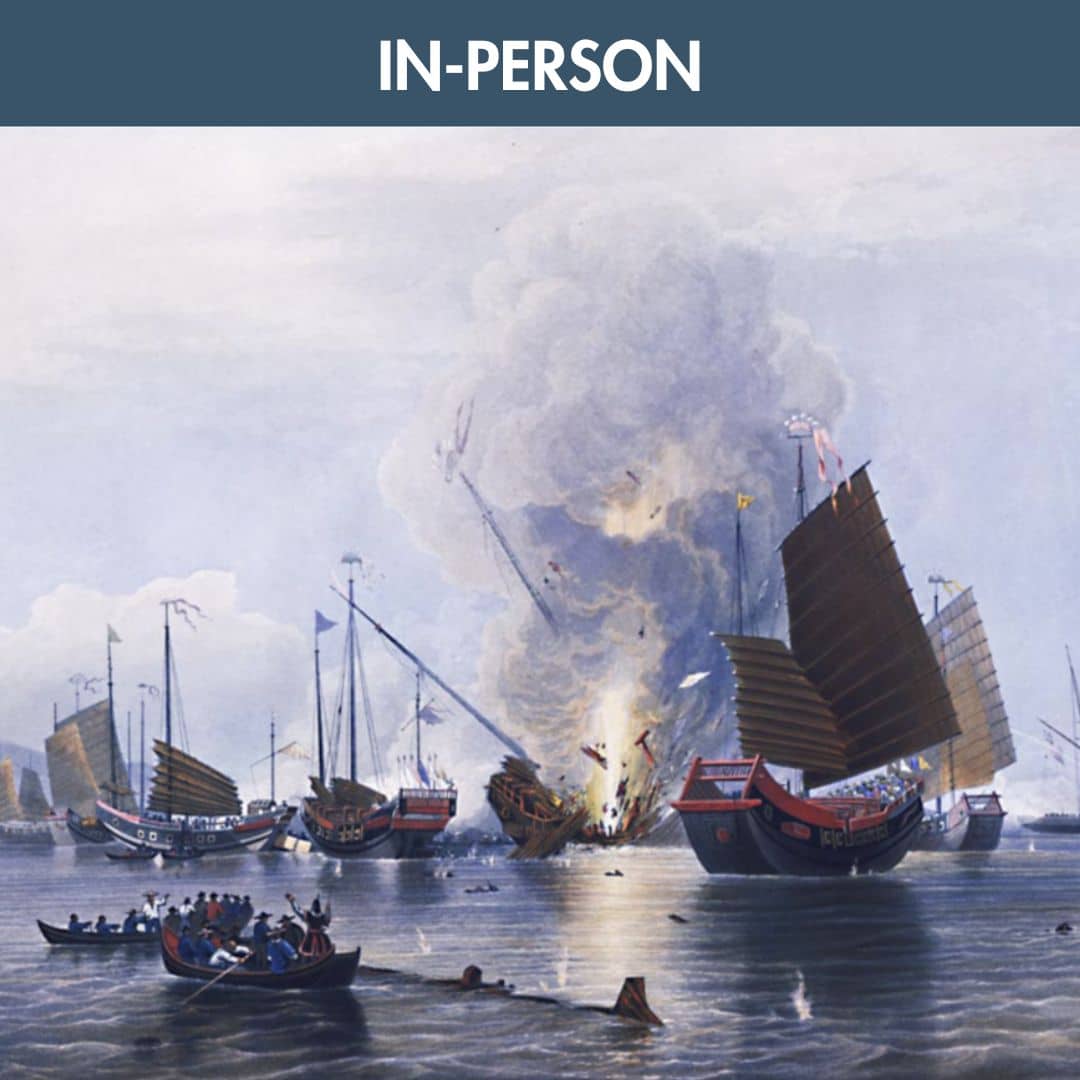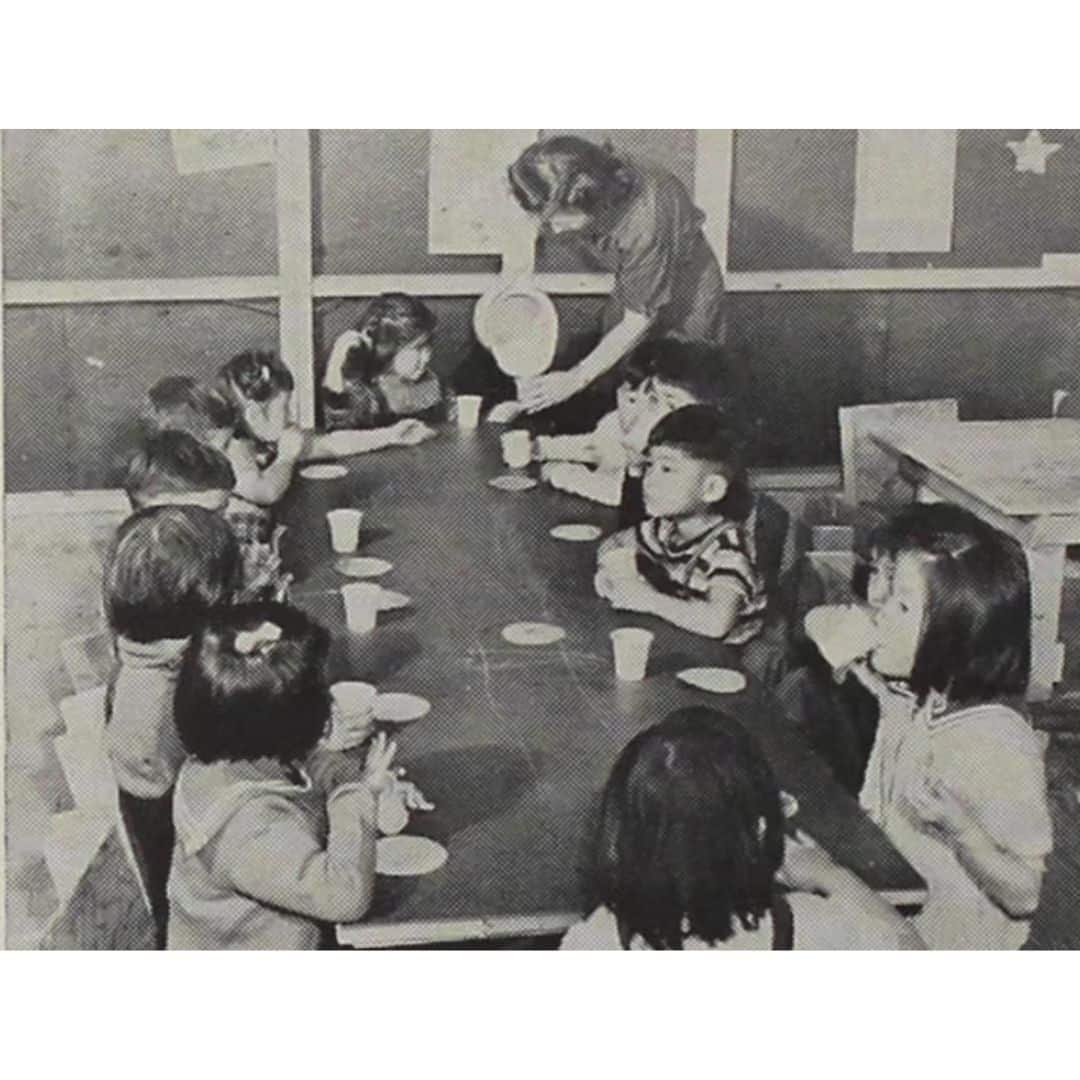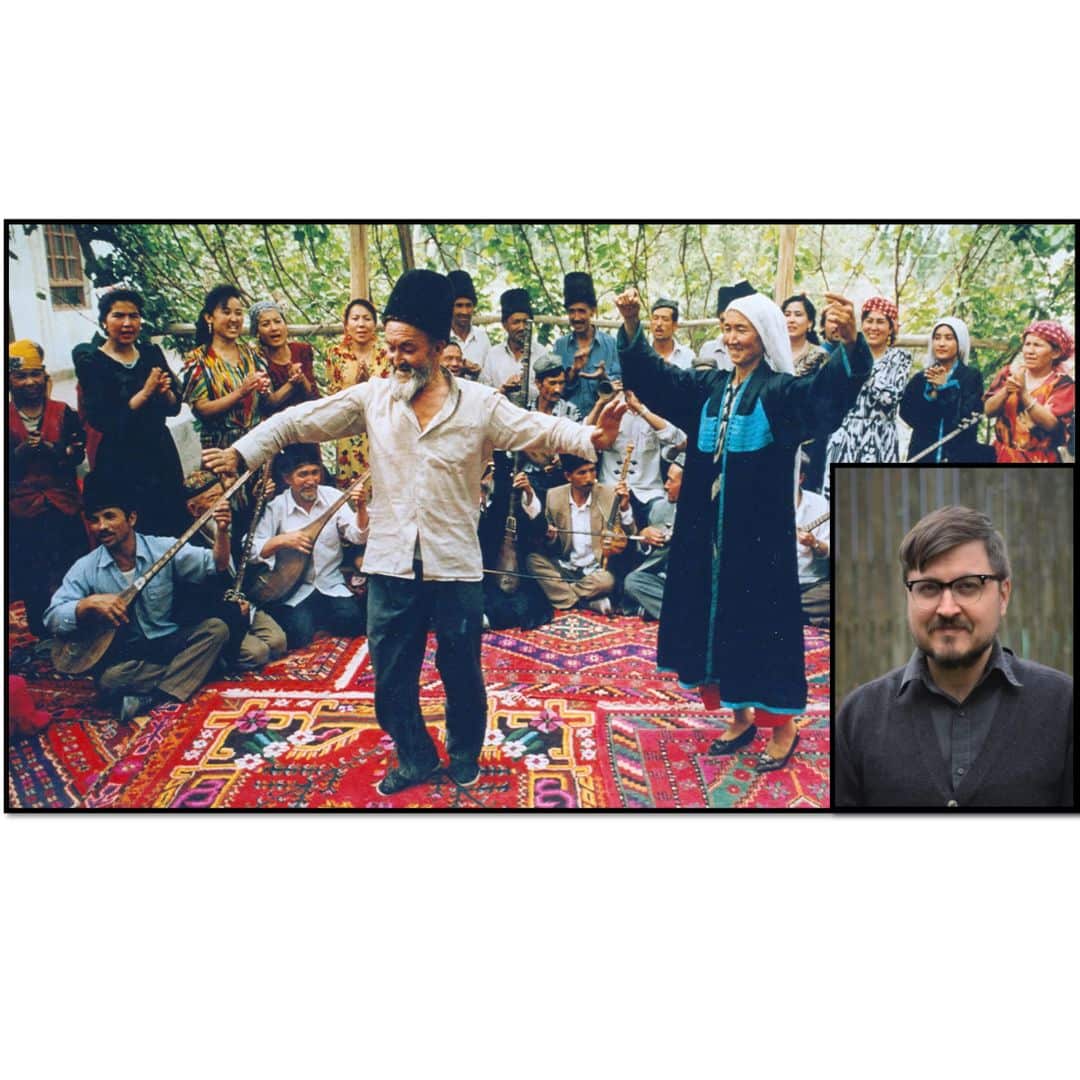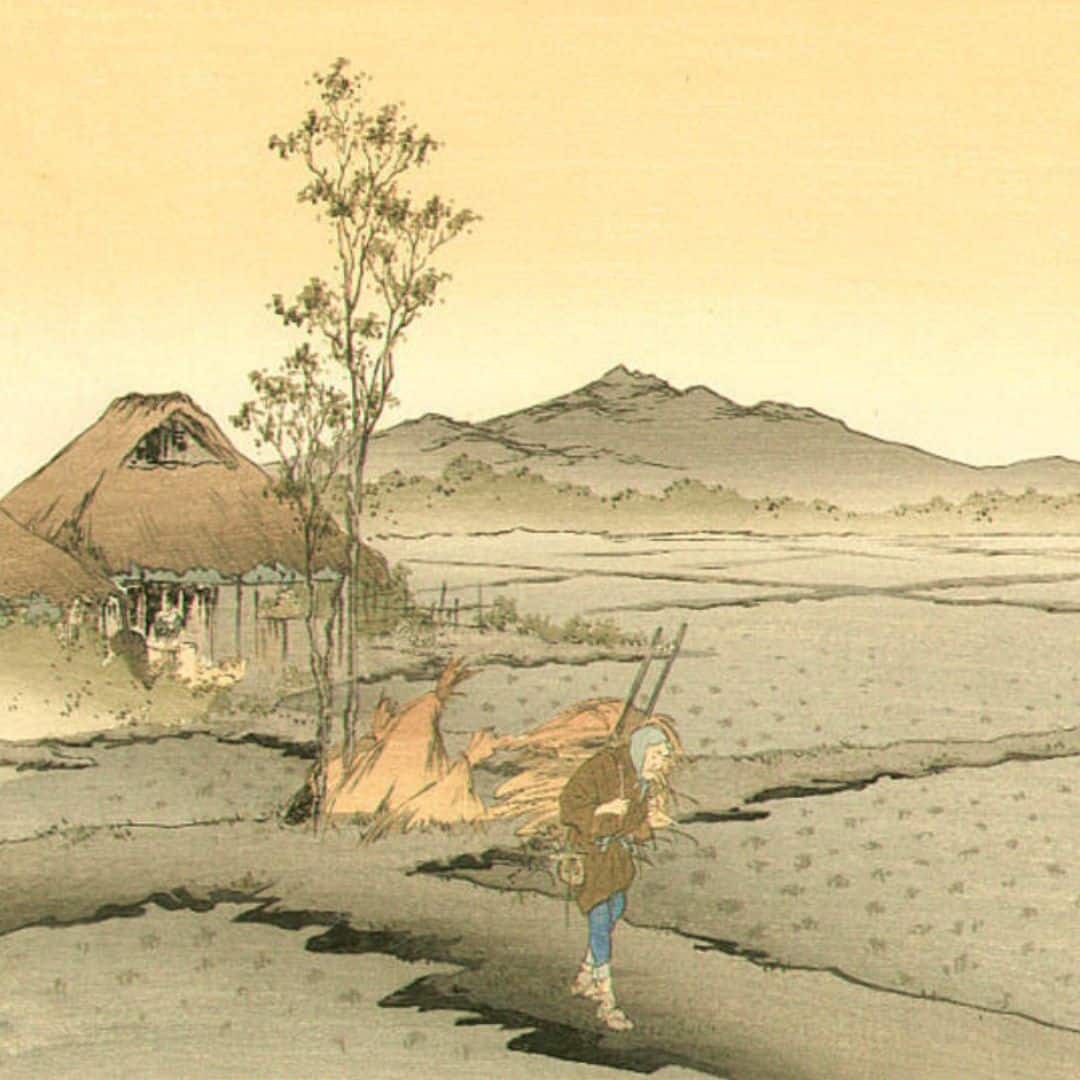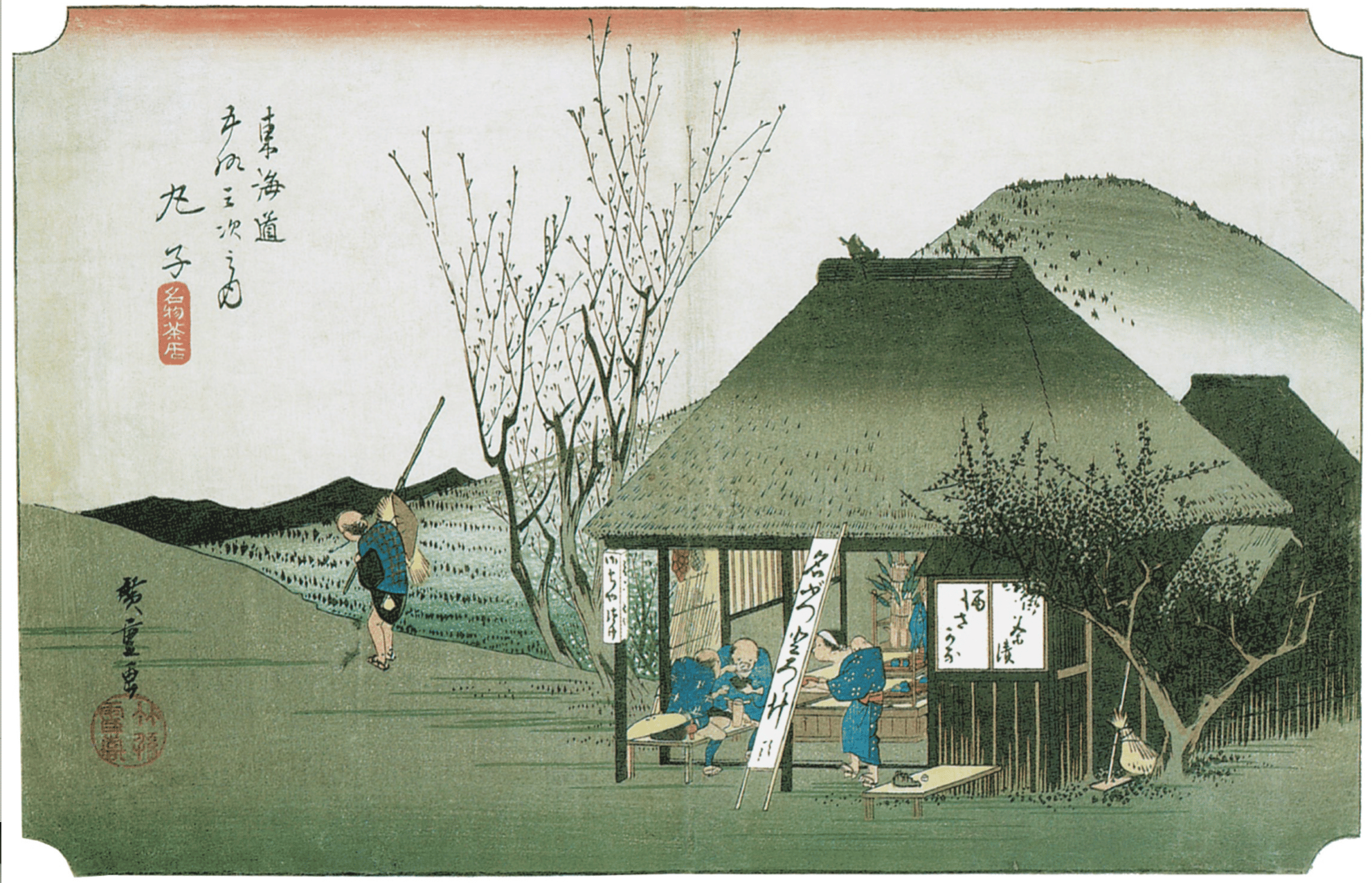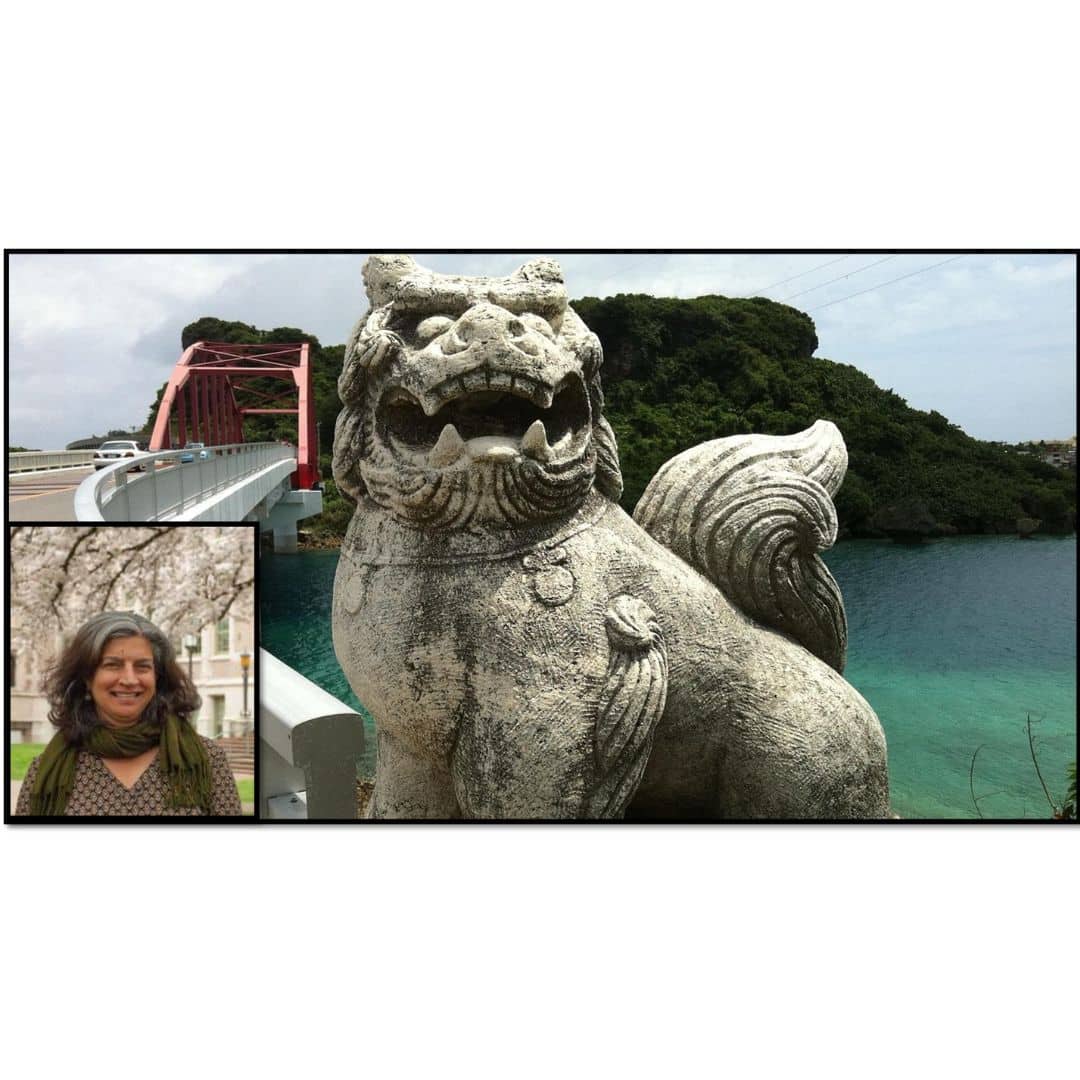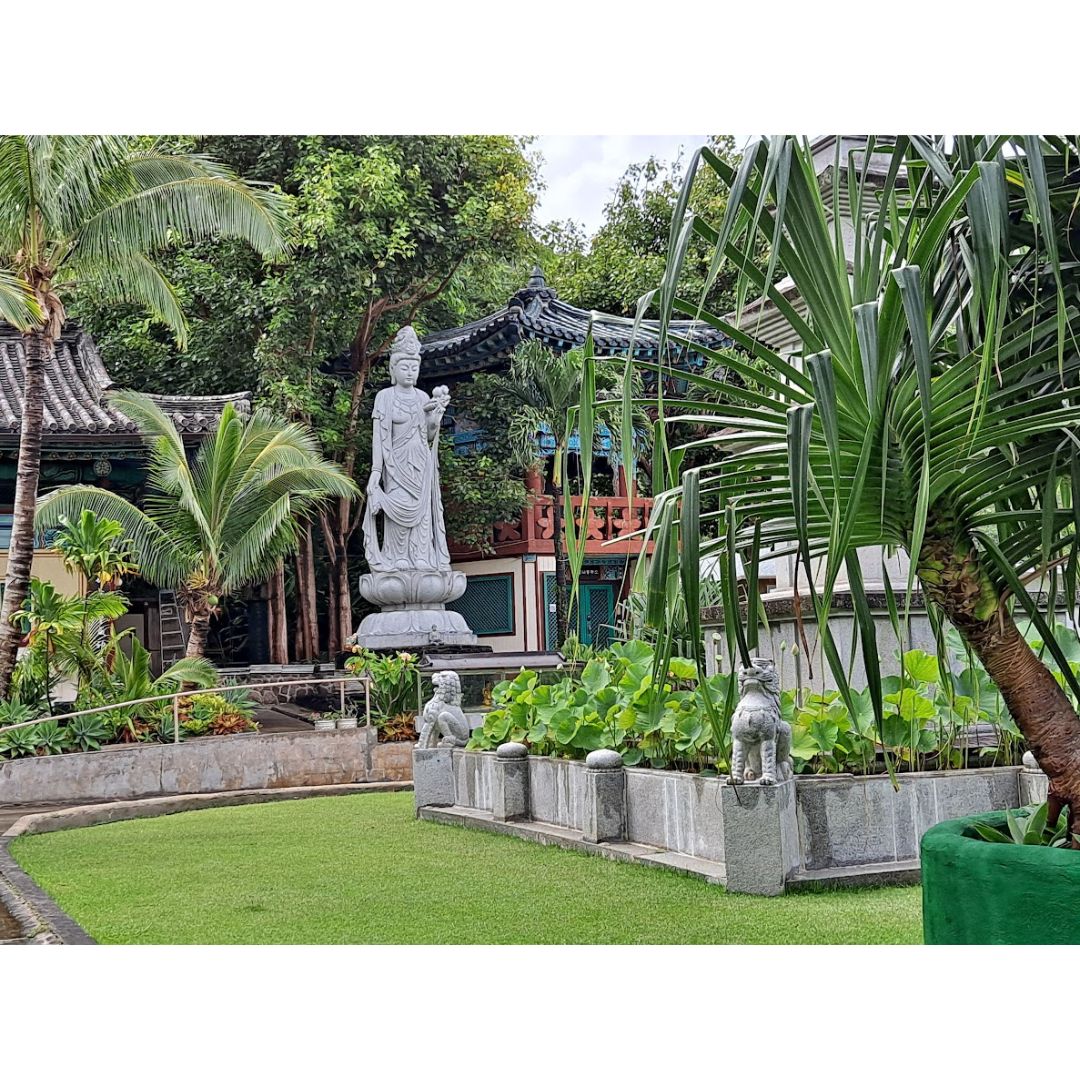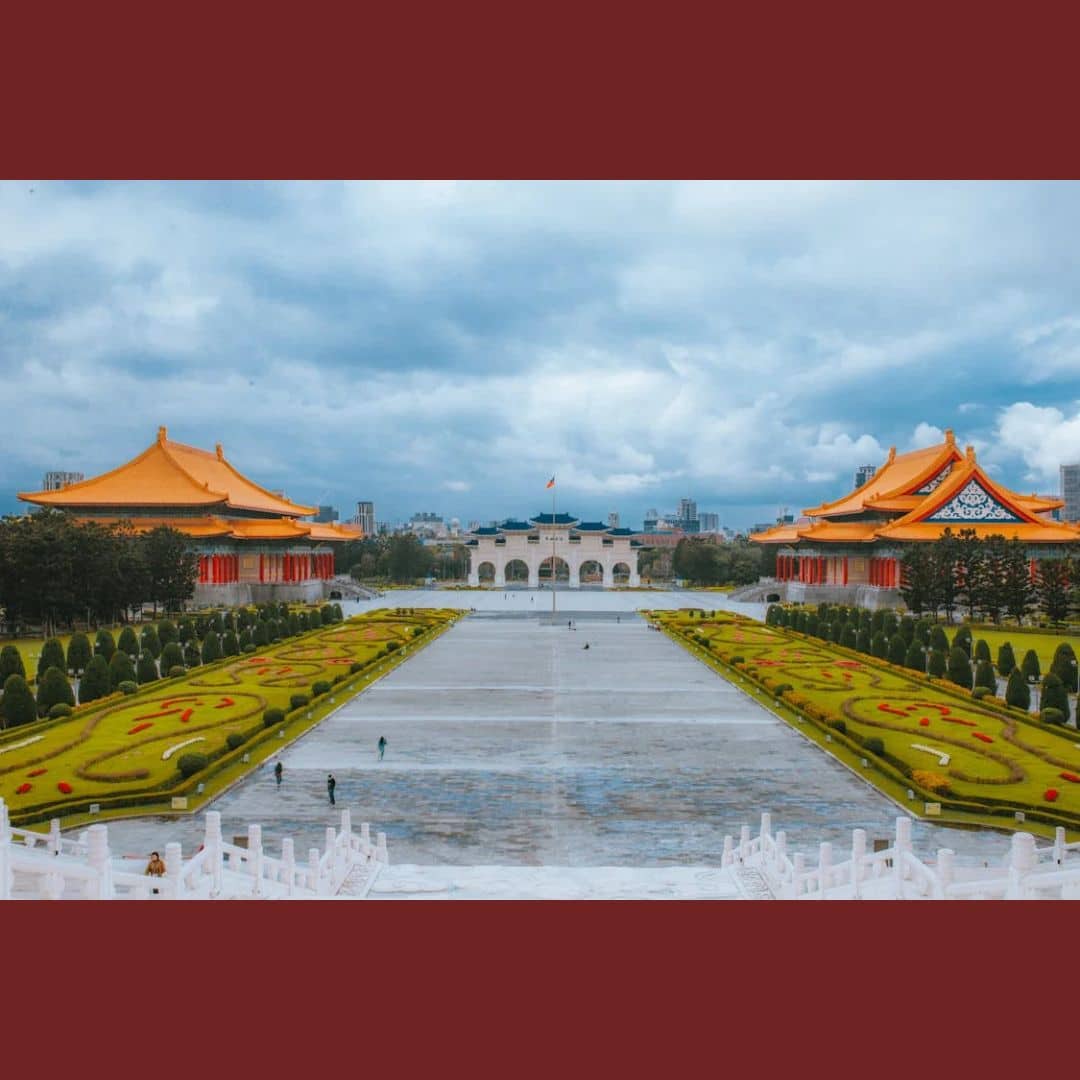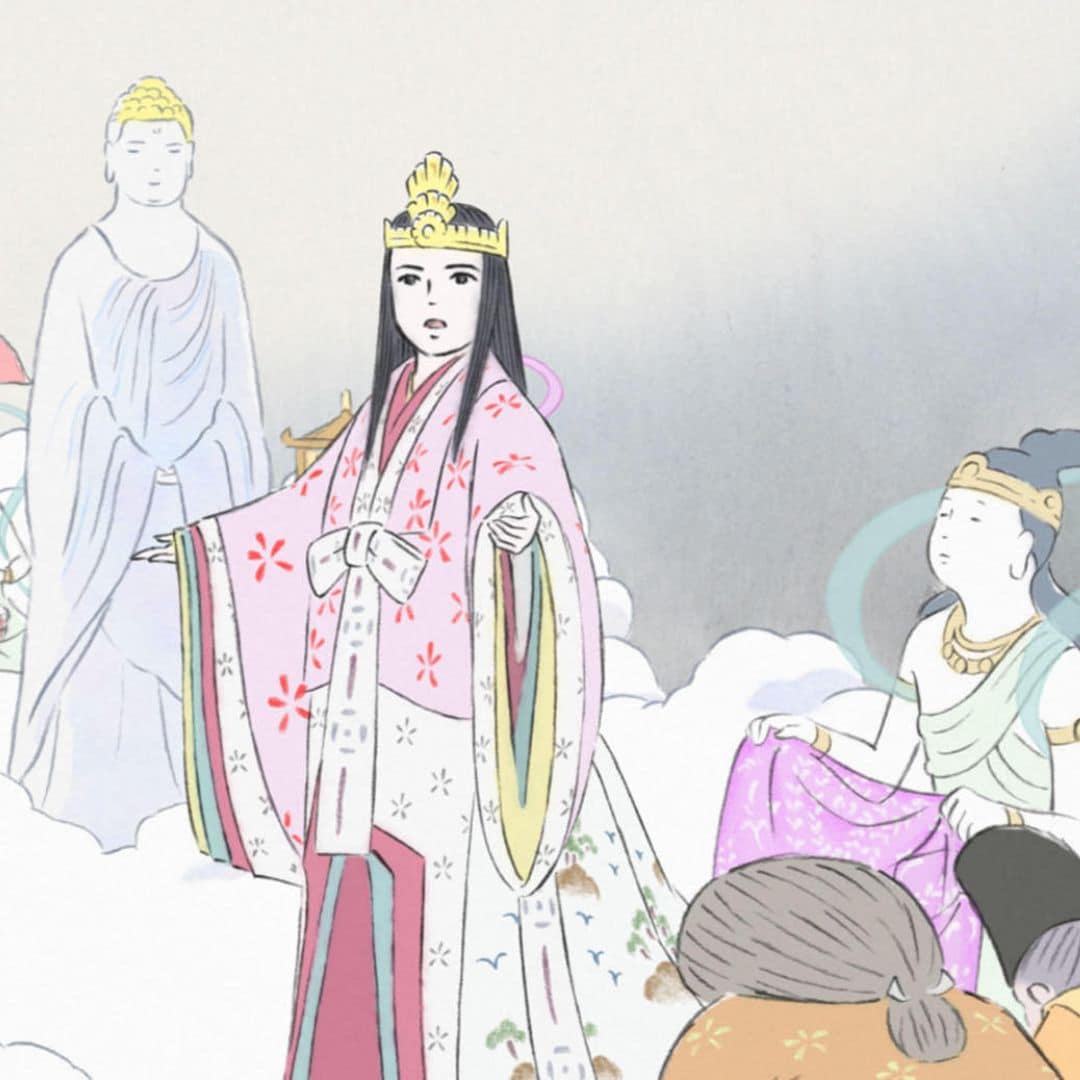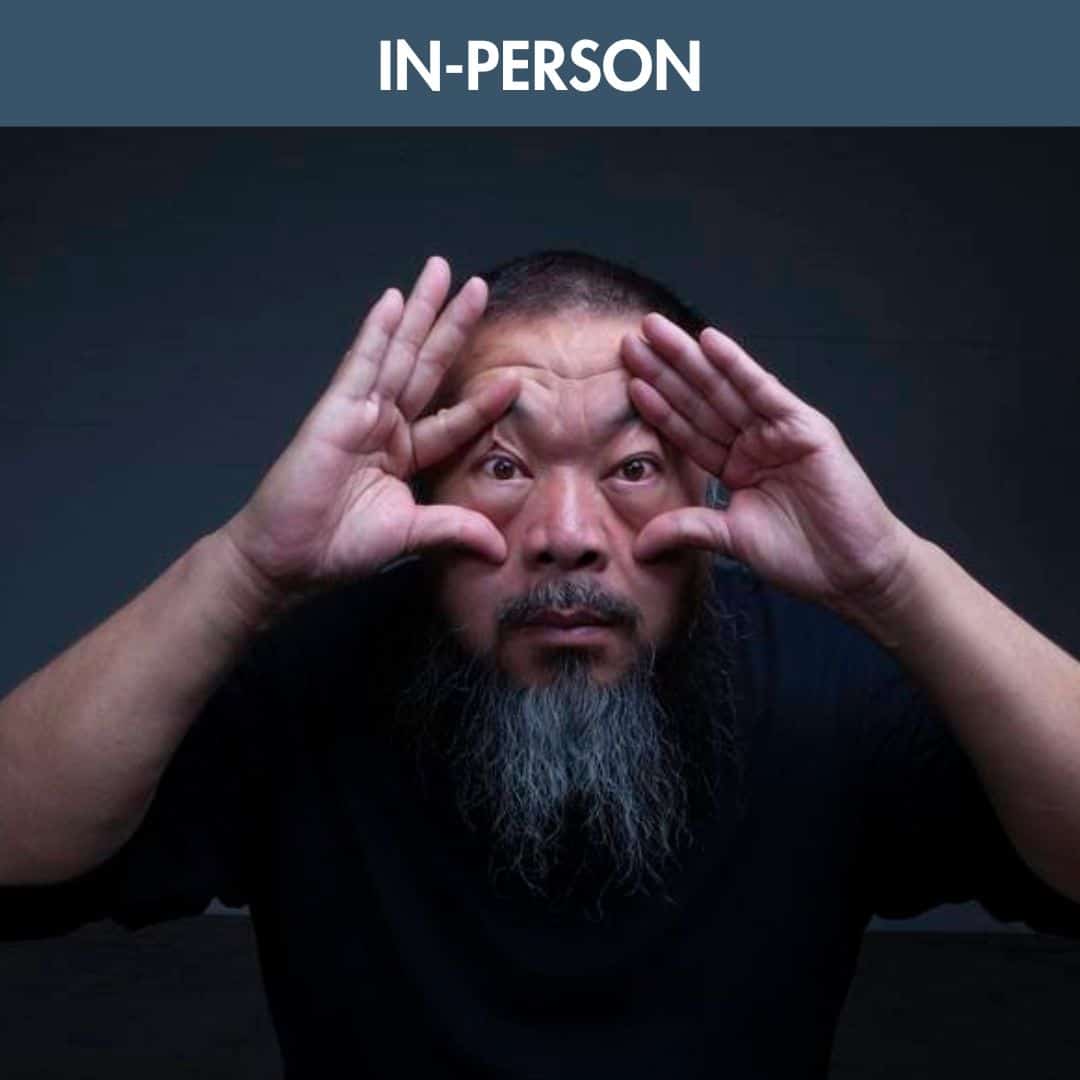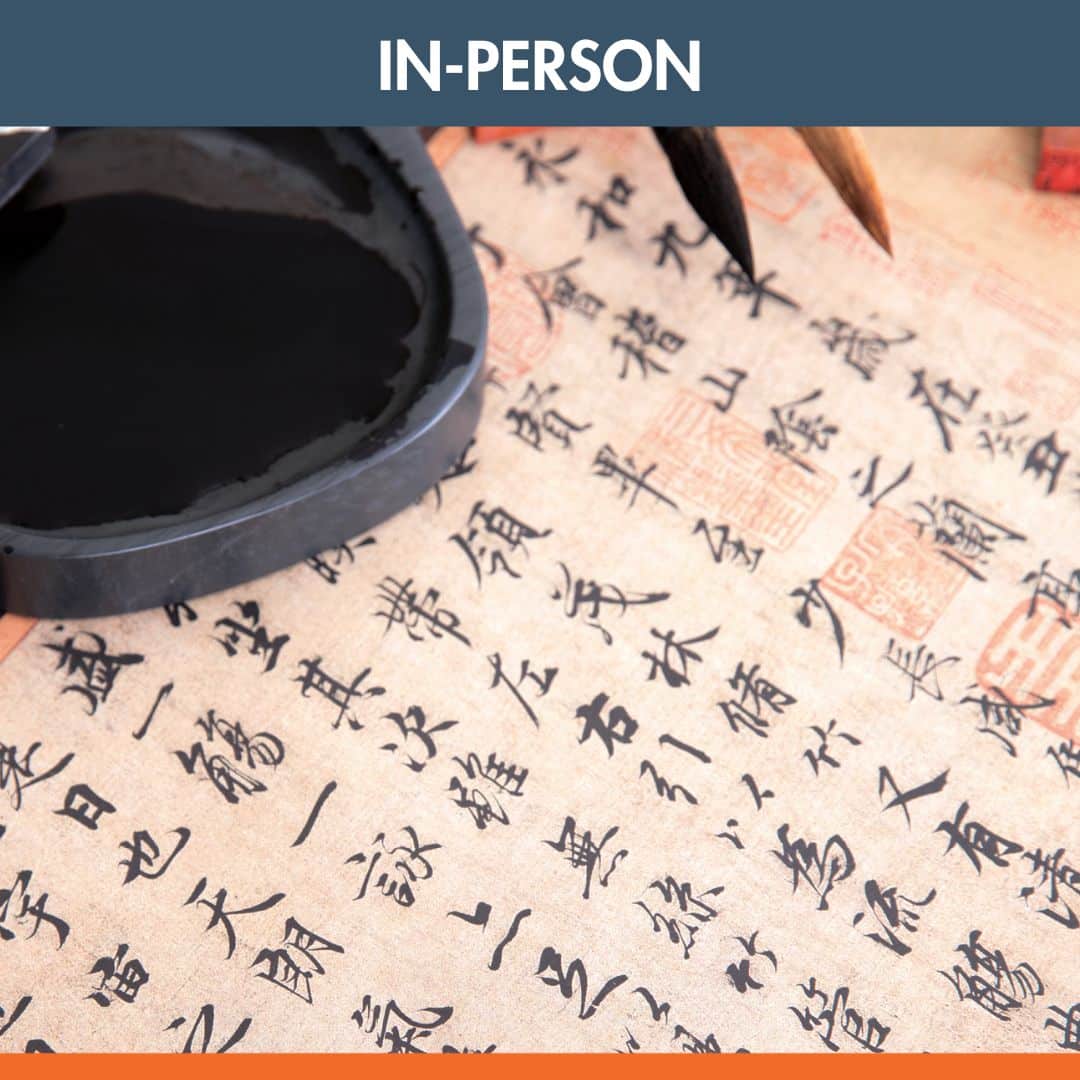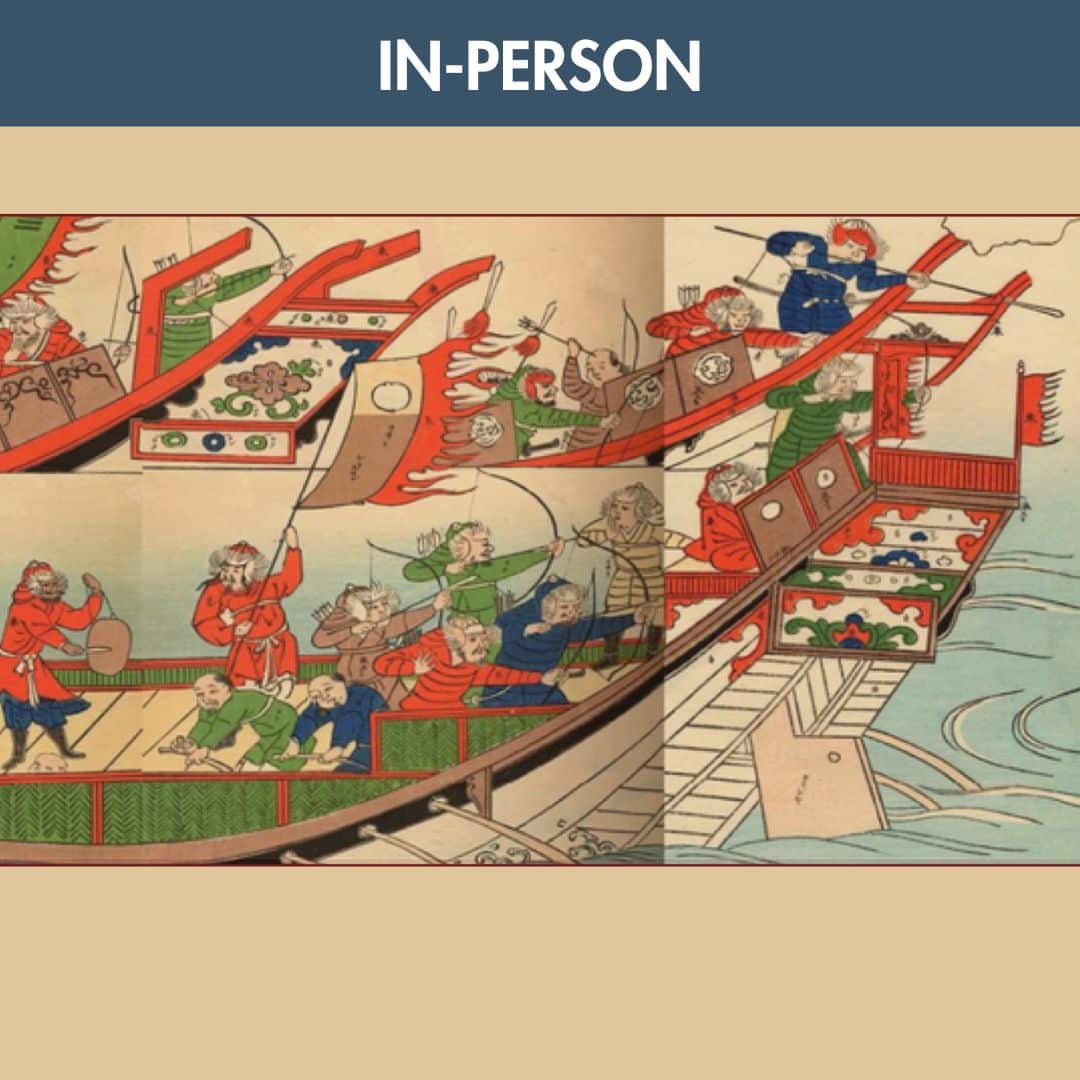Join NCTA and Thomas Conlan, Professor of East Asian Studies and History, Princeton University, for a workshop on the the life of William Adams, the Englishman on which the famous Shogun novel and films are based. The half-day session will provide …
Programs: California
In this course participants will explore Cultural Anthropology’s study of the Native, the discipline’s complicity in legitimizing forms of violence on Indigenous Peoples, and the recent rise of Indigenous East Asian Anthropologists and Scholars responding …
This seminar will introduce four popular Sinophone films released around the turn of the new millennium, each from a distinct and pluralistic cultural context: Yi Yi (2000), Farewell My Concubine (1992), Chungking Express (1994), and Lust, Caution …
Join translator Takami Nieda for a webinar about “The Color of the Sky is the Shape of the Heart” where a Zainichi Korean teen comes of age in Japan in this groundbreaking debut novel about prejudice and diaspora.
This mini course explores the Opium Wars of the 19th century, their causes, and far-reaching consequences, connecting historical events with modern global issues. Through examining the relationship between imperialism, trade, and culture, participants …
Join Professor Andy Nathan for a discussion on the Tiananmen Massacre. Tiananmen, “The Gate of Heavenly Peace,” refers to the gate to the Imperial Palace in Beijing, in front of which lies a huge public square – the site of rallies, memorials, and …
Join the Program for Teaching East Asia at CU Boulder for a webinar exploring research on K-12 education at Amache, one of the Japanese American incarceration camps during WWII. This session will offer educators insights into the school structure, daily …
Join Professor Morris Rossabi for a discussion on Xinjiang. China’s westernmost province, Xinjiang, borders today eight countries in addition to being close to both Pakistan and India. It has been China’s “window to the west” into Eurasia since earliest …
Great works of literature like “The Tale of Genji” and “Dream of the Red Chamber” have influenced the way that many of us think about the culture, history, politics, and traditions of China and Japan. Yet these and other canonical works are largely the …
In this short course, we will discuss how peasants and other people ‘at the margins’ of medieval Japanese society (ca. 1000-1400) lived and organized. Large parts of society are silent in sources from that time, and we will investigate different ways that …
This seminar for educators provides an in-depth exploration of Taiwan’s rich history and diverse cultural landscape. Covering periods from early indigenous cultures to modern democratic governance, the course offers insights into Taiwan’s unique political …
This asynchronous 5-week NCTA course explores science fiction literature from China, from its roots in the earliest dynastic periods to twenty-first-century trends. With an eye toward the relationship between history and literature, we will look at how …
Great works of literature like “The Tale of Genji” and “Dream of the Red Chamber” have influenced the way that many of us think about the culture, history, politics, and traditions of China and Japan. Yet these and other canonical works are largely the …
Using the My Virtual Mission platform, participants will cycle (both virtually and the distance in reality) 612.1 miles around Taiwan, stopping at twelve required milestones to complete readings, view webinars/videos, and respond to discussion prompts. …
Using the My Virtual Mission platform, participants will walk (both virtually and the distance in reality) from Edo (Tokyo) to Kyoto, stopping at ten required (and seven optional) stations to complete readings, view webinars/videos, and respond to …
Great works of literature like “The Tale of Genji” and “Dream of the Red Chamber” have influenced the way that many of us think about the culture, history, politics, and traditions of China and Japan. Yet these and other canonical works are largely the …
The Five College Center for East Asian Studies (FCCEAS) will conduct a summer institute in Honolulu, HI. Honolulu offers a unique opportunity to learn about China, Taiwan, Japan and Korea without needing a passport or worrying about currency exchange, but …
The Five College Center for East Asian Studies (FCCEAS) and the Program for Teaching East Asia (TEA) at the University of Colorado Boulder will conduct a two-week NCTA study tour to Taiwan. Fourteen participants will learn about Taiwan’s history and …
This asynchronous NCTA short course will cover Studio Ghibli and how to incorporate a selection of their films into the classroom to facilitate a better understanding of different facets of Japanese culture and history. Topics will include Japanese …
Join the East Asia Resource Center and the Seattle Art Museum for a unique opportunity to partake in a close study of Ai Weiwei’s work from the 1980s to the present in his largest-ever US-based exhibition, Ai, Rebel: The Art and Activism of Ai Weiwei at …
Join EASC at IU Bloomington for a summer workshop focused on the remarkable literary productions of China, Taiwan, Japan, and Korea. The workshop covers pre-modern and modern literature including poetry and novels. Each day, world literature and …
The Mongols’ dominance impacted China, Japan, and Korea in different ways in the 13th and 14th centuries. While some East Asians were subjects of the Mongols, others served as allies or resisted their insurgence. Through different disciplinary lenses …

